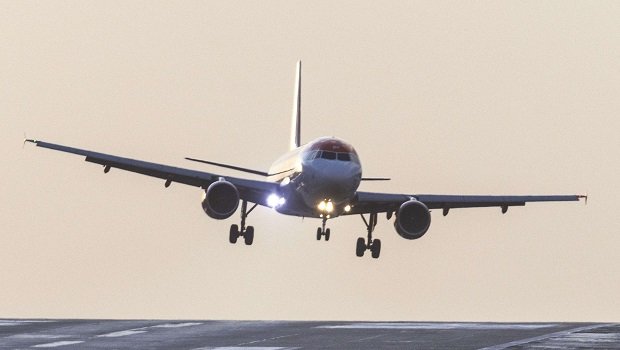It is the safest means of transport in the world, but also the most polluting, and the young generation is not unaware of this. According to a survey, 81% of 18-35 year olds say they are “ready to change their travel habits”.
Young people ready to redefine their way of traveling for the ecological cause, yes. But when living on the island, sometimes it’s hard to reconcile commitments and reality. “It’s a choice that’s strategic both individually and globally, so yes, that’s why I agree with reducing the planes and the overall CO2 impact we can have,” says a young woman.
Awaiting political action
“If we don’t act enough on ecology, we will no longer be able to live on this planet”, explains another. “We are seeing climate disasters follow one another, droughts, episodes of high heat on the French mainland at the start of winter. It is clear that the younger generation is not going to move fast enough. The political powers will have to act very quickly,” explains Vincent, Greenpeace activist.
Lack of alternatives on the island
But for many people, completely depriving themselves of traveling is not an option. “Stop traveling, no, not necessarily. But to reduce travel, yes,” we hear here. Some argue in particular for the inconvenience of living on an island. “When you live on an island, you have to have a lot of time if you want to go by boat. But ideally, yes, that would be fine. »
As a reminder, air traffic in France increases by 150,000 flights per year, or 10.3 million tons of CO2.
.
